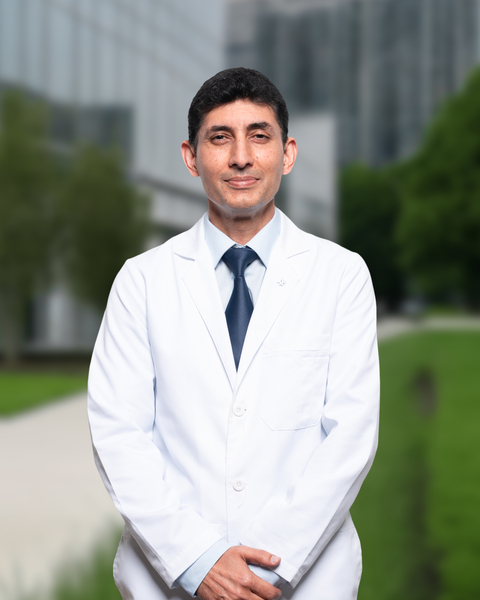 18+ years of exp
18+ years of exp
Languages
English, Hindi, Urdu, Punjabi and KashmiriClinics
HealthHub - Al Qusais
HealthHub - Arabian Center
HealthHub Day Surgery - Festival City

 18+ years of exp
18+ years of exp
HealthHub - Al Qusais
HealthHub - Arabian Center
HealthHub Day Surgery - Festival City